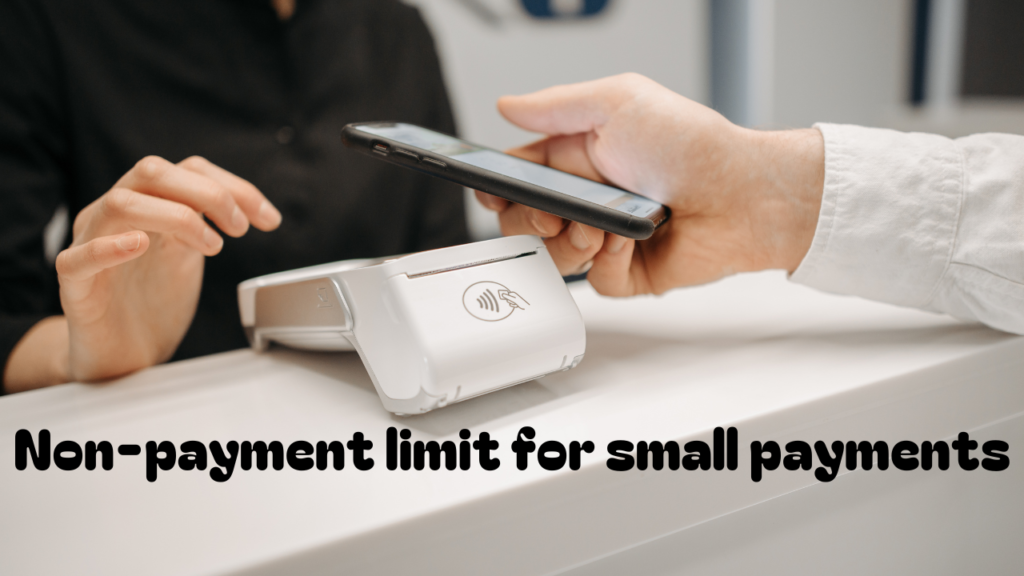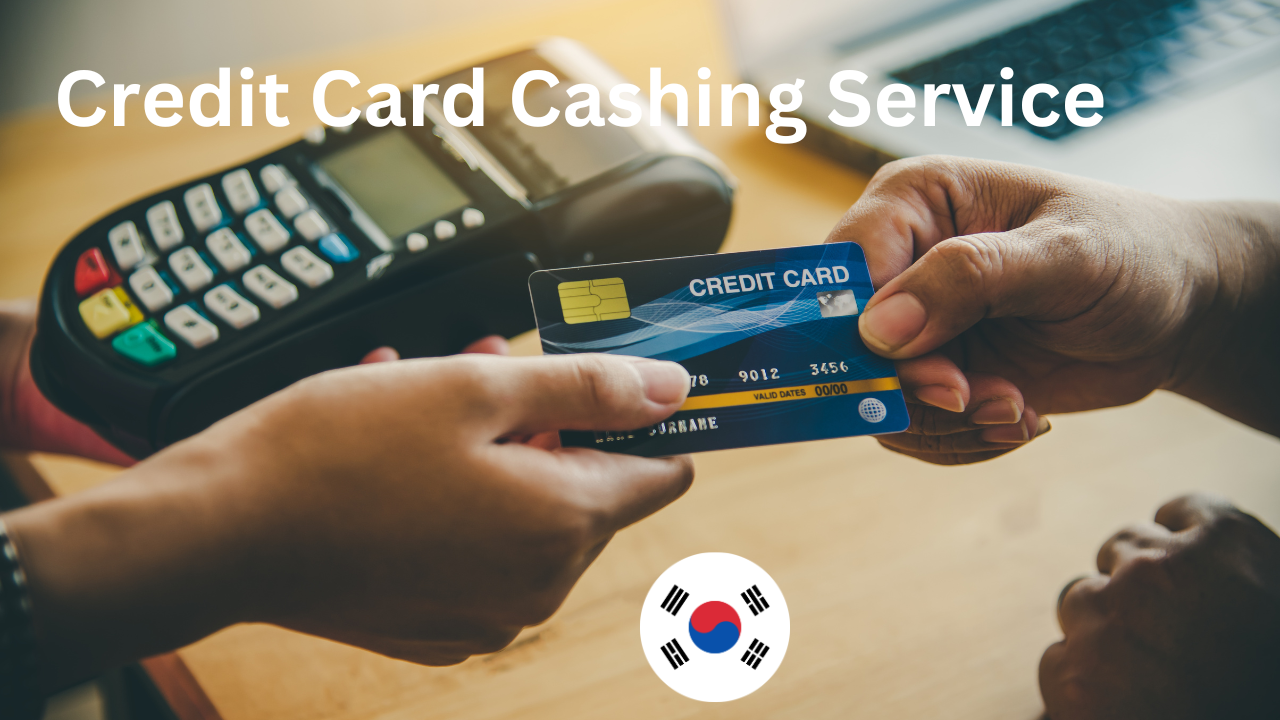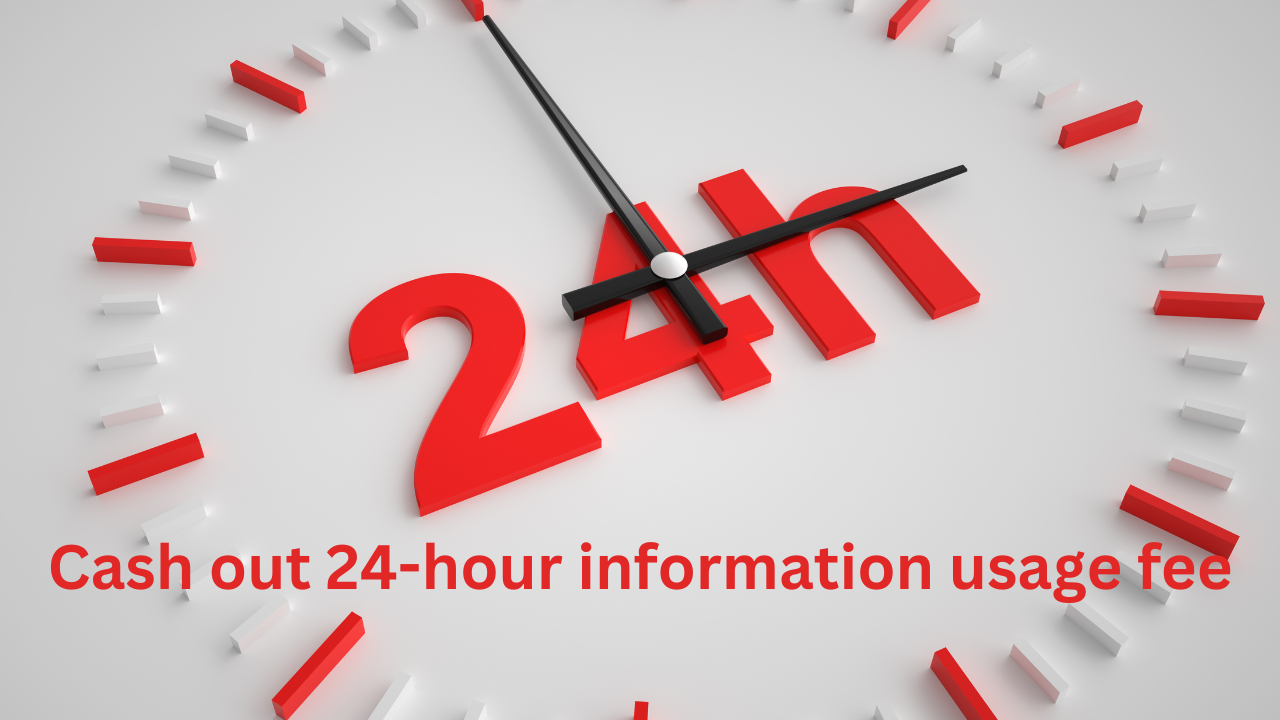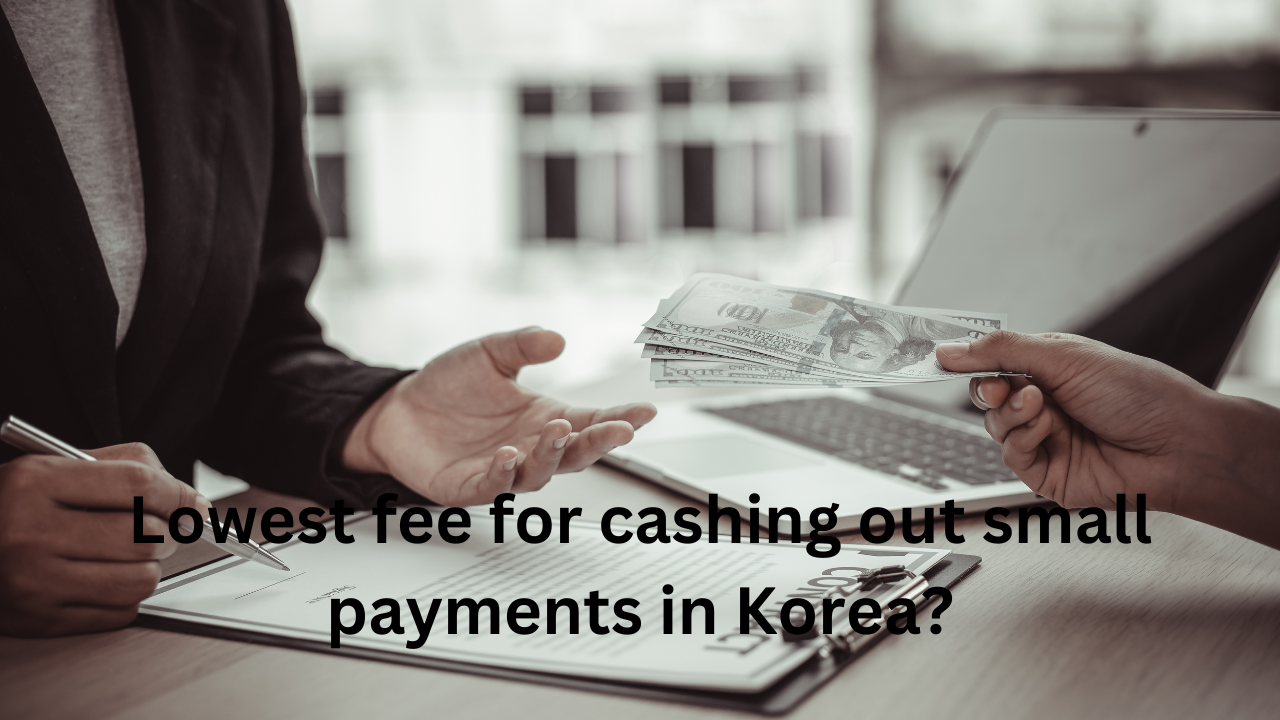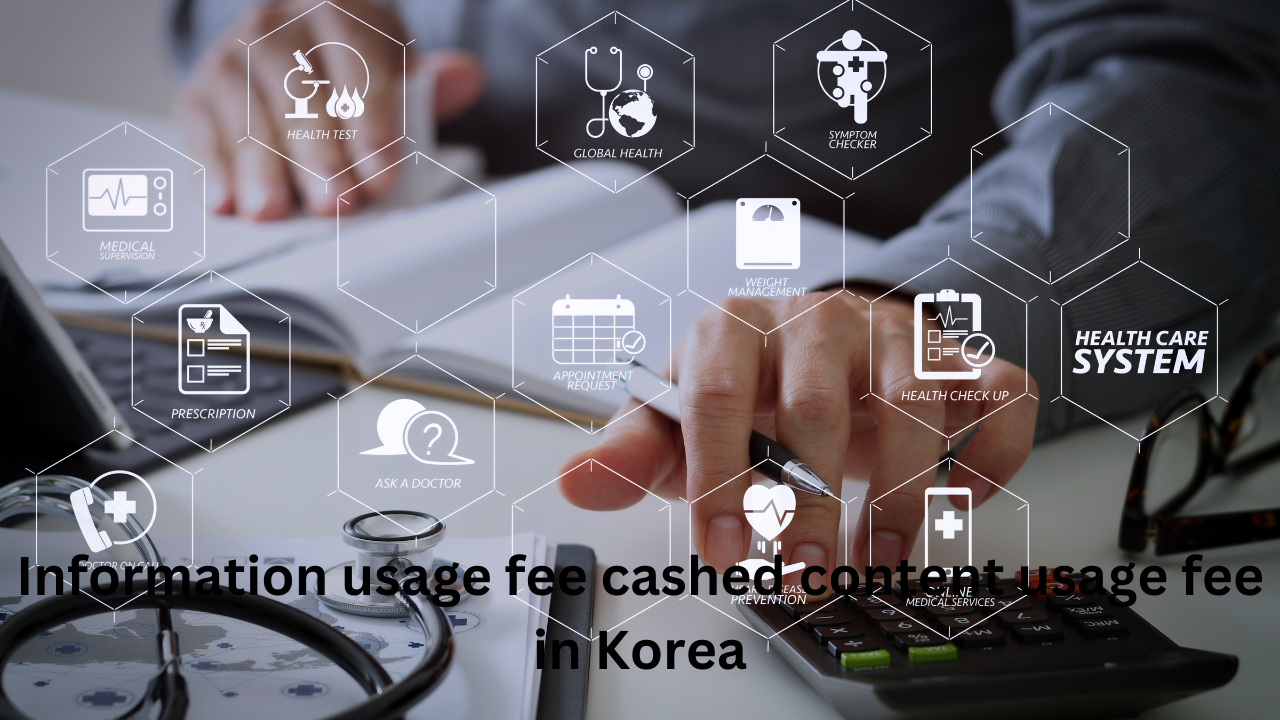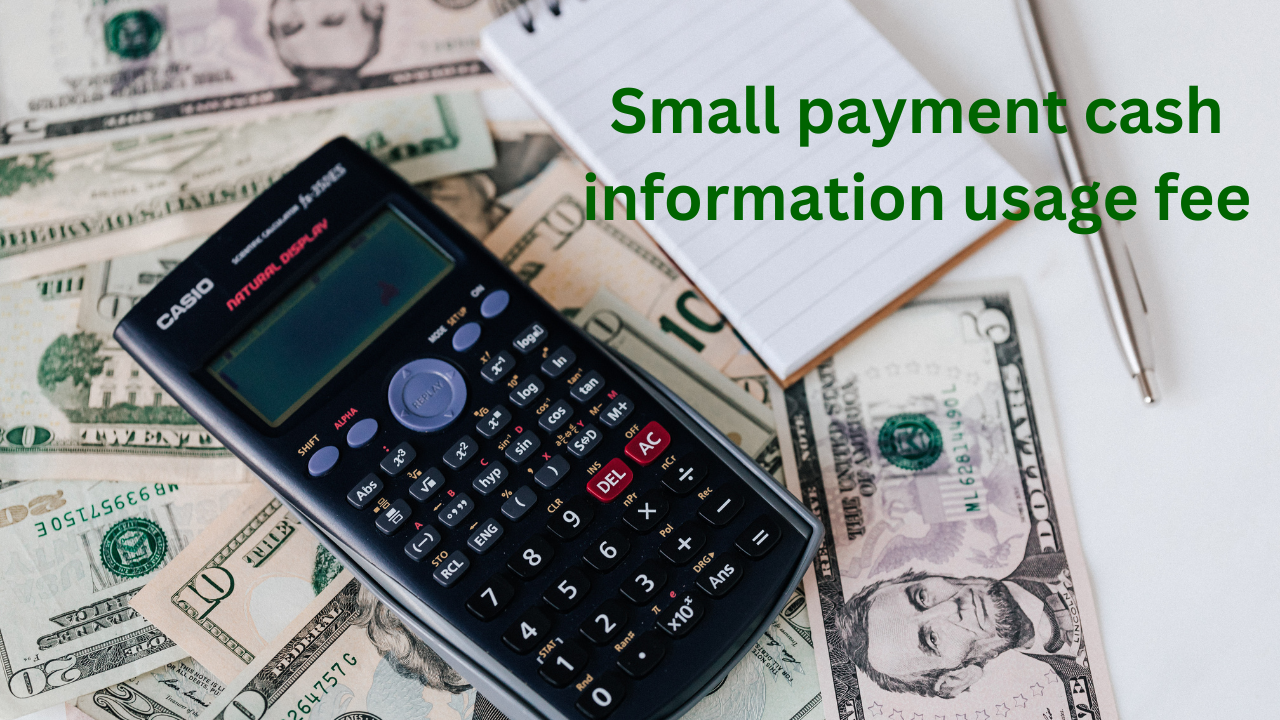People who purchase with a small amount of money from a shop in Korea are excused from a specific percentage payment. A non-payment limit for small payments is the name of the limitation or limit. Many Koreans don’t realize that this is an online driver’s license expectation or how this works.
The non-payment ceiling for small purchases is an ordinance that aims to make returns as easy as possible. In the current period, people have a busy lifestyle, and they sometimes need to buy minor items. The limit of no payment only applies to things that cost very little, usually under a certain sum, so you don’t have to pay for them if you return them later. For this purpose, this was introduced for Koreans to make minor transactions in their day-to-day lives for which they do not need to worry about receipts or payments.
History of the Small Payment Non-Payment Limit
The limit on small unpaid payments has varied at various times. It was first introduced in the 90s when 3,000 KRW eligibility had been set. This was the time when Korea saw the dramatic popularity of convenience stores. For small purchases, the government made it so that consumers could pay without going through the hassle of producing IDs by turning this non-payment limit law into a reality. Ever since, the limit has been rising with the level of the consumer price index to the new limit, which is at KRW 10,000 as of today.
Current Non-payment limit for small payments
Nowadays, in Korea, the payment solution for small payments is 10,000 KRW. It does not matter whether the small payments were used in shops, markets, or online. If the disorder of an item or the sum of items is 10,000 KRW, you do not need to pay for transportation fees, shipping, or return fees if you change your mind afterwards. The limit is green for every 6 months to take the price and consumption fluctuations of Korean consumers into account.
Permitted to Process a Small Amount of Transaction Limit
The majority of small purchases under 10,000 KRW are either High or Regular Risk Cases, but the Rule of Two Exceptions still applies to them. Products like bread, fruits, and snacks cannot be exchanged or found unfit to consume for health reasons. , items like subway cards, lottery tickets, or presents that are not refundable after they have been used up are not reversible. In the interest of hygiene and masks and underwear for undergarments, stores may not allow returns.
Enforcement of the Small Payment Limit Law
Korea’s Fair Trade Commission enforces the non-payment limit for small payments. They check businesses to ensure they are following the law and accepting returns of unused items under 10,000 KRW. Stores display signs informing customers of their rights under this limit. If a business refuses a valid return, customers can file a complaint with the Commission. Most retailers have adapted to the law well over the years to provide good customer service around the small payment non-payment limit.
Impact of the Small Payment Limit on Businesses
For small businesses like convenience stores that rely on many small ticket transactions, the non-payment limit for small payments is challenging. Yet, many store owners say it has benefited them. It encourages impulse buying and returns with no hard feelings. Customers appreciate the flexibility and often end up making more purchases they hadn’t yet planned on.
Final Thoughts
This article outlines what qualifies as a small payment, traces the history of the legislation, details the current guidelines, and covers exceptions, enforcement, and impact on businesses. The 소액결제 미납 한도 is designed to benefit everyday consumers through flexibility and convenience with minor purchases. While it requires adjustments from retailers, most agree it has had positive effects by increasing customer satisfaction and spurring extra spending opportunities. The system strives for a fair balance that keeps small payments hassle-free in modern Korean society.


